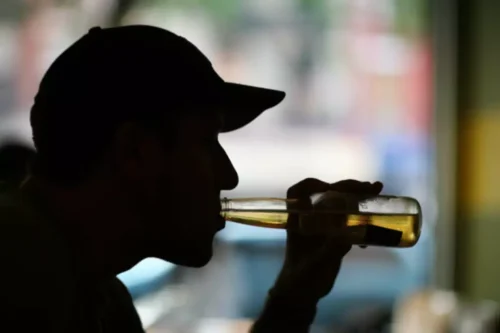Not everyone gets a “second chance” at life, so it is important to be grateful for your opportunity. No matter what your religious or spiritual beliefs, taking some time each day to say thank you to your Higher Power is a great way to cultivate more things to be grateful for in gratitude in recovery your life. This multiplies and before you know it your life is beyond your wildest dreams.
Daily Practices for Gratitude, including Journaling
Gratitude supports different facets of our recovery by helping us get through challenging experiences on our journey to better health. Gratitude can show others that you do not take your second chance at life for granted. By expressing thankfulness for everything you have in your life, you can shift your mindset from focusing on what you lack to appreciating all the wonderful things you have going for you.
The Role of Gratitude in Addiction Recovery
You might write in a gratitude journal or have an alarm go off periodically as a reminder to stop and reflect. While cultivating gratitude is an ongoing process, its rewards are immeasurable. For those in addiction recovery, it’s a transformative force, rebuilding lives and reigniting hope, one appreciative thought at a time. If you recently left treatment or you’re new to recovery, be patient with yourself. You’ve already taken the first steps on the road to happiness, and over time, your gratitude, mental health and general outlook on life will all improve.
Mental Health Services
When we begin thinking negative thoughts or finding something wrong with a person or situation, these thoughts grow. Have you ever become annoyed or frustrated by a person or something they’ve done? But what happens for most is when we start to think those judgemental and negative thoughts we think of more things about the person or situation we don’t like. The thoughts can snowball until we’ve worked ourselves into a state of restlessness and discontent.
- Expressing gratitude can also encourage you to strive for improvement, as it reminds you of what you have already achieved and demonstrates how much more you can accomplish.
- Other studies have also shown that practicing gratitude can lead to increased feelings of well-being and a more positive outlook in life.
- Nothing will ever be “perfect”, and challenges can be used to grow, learn, and even to give you a better perspective on good things in your life.
- You can choose to do this if you need a structured way to consistently notice what you are thankful for.
- Volunteering actually triggers the reward system in your brain, causing you to feel happier and more satisfied.
- Sadly, people in recovery are often notorious for being grumpy, but that stereotype doesn’t have to be true for you.
- In recovery, we are given the space to be grateful, but it still takes time to practice and train the mind to notice and cherish the beauty in life.
- Even when you’re committed to sobriety and living a healthy, growth-oriented lifestyle, it’s easy to overlook the importance of gratitude.
This suggests that being grateful not only improves our mental health but also has positive effects on our bodies. Gratitude can be practiced anytime, anywhere – and it https://ecosoberhouse.com/article/does-alcohol-weaken-our-immune-system/ doesn’t cost a penny. But learning to pay attention to the good things that surround you every day can be one of the most valuable tools for your recovery from addiction. Whether you keep a journal, make a list, or choose some other way to track the positives in your life, a gratitude practice can be a constant, comforting companion on the road to recovery. Addiction can harm the body and mind in many ways, sometimes permanently. If you’ve come out of addiction without major health problems, or if recovery allows you to work on health problems, that might be cause for gratitude.



